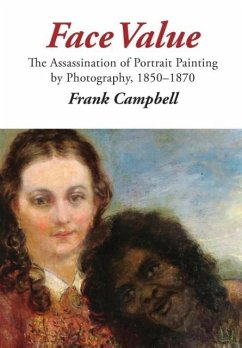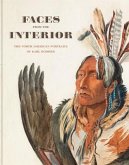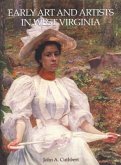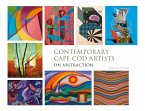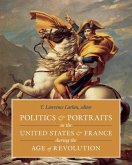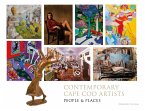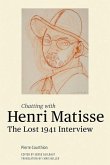"Face Value" takes a revolutionary new approach to art history, exposing complex networks of colonial artists and revealing important lost paintings of Richard Noble. This is a Dickensian tale of humble beginnings, great expectations, and migration to the ends of the earth, where instant success in Australia gave way rapidly to personal tragedy and ignominious decline. The brutal struggle between painting and photography reduced many artists to penury. Gentleman painters were no match for the ruthless new entrepreneurs of the camera. Failed portrait painter Edwin Dalton dominated Sydney photography in the mid-19th century. His corrupt career personifies the technological war. Dalton returned with his mistress to London as a wealthy man. Art history failed Richard Noble, and he's not alone. The entire milieu of mid-19th century colonial art has been neglected. Women artists have had their roles minimised or rendered invisible. Dozens of notable artists remain in limbo, known only from a few fragmentary and often inaccurate records. Only by excavating genealogies, shipping lists, newspapers, censuses, church records and the like can we uncover the sociological bedrock that helps tell their full stories. This long-overdue research will rewrite gallery and museum catalogues in Australia and Britain, and finally deliver some justice to our lost artists.
Hinweis: Dieser Artikel kann nur an eine deutsche Lieferadresse ausgeliefert werden.
Hinweis: Dieser Artikel kann nur an eine deutsche Lieferadresse ausgeliefert werden.

